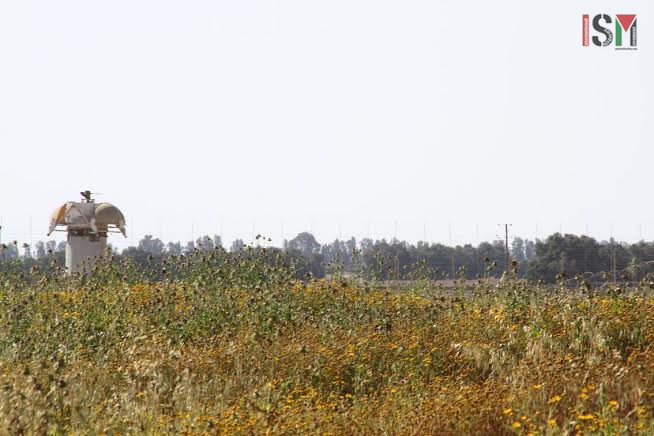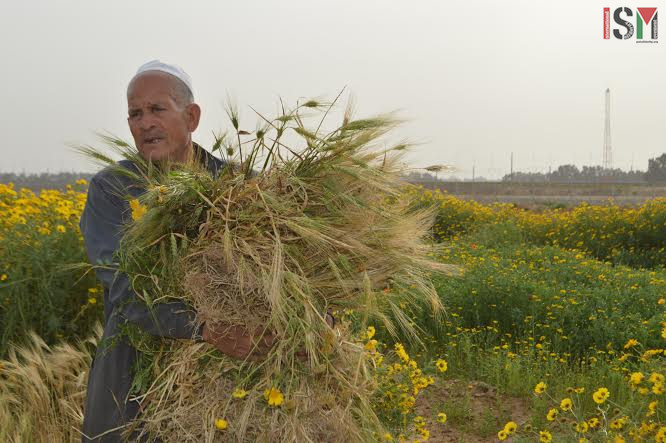Tag: Live Ammunition
-
VIDEO: Israel forces once again open fire at Palestinian farmers in Gaza
3rd April, 2015 | Miguel Hernández | Khuza’a, Gaza, Occupied Palestine As soon as we arrived at the land where the farmers wanted to work, about 80 meters from the zionist fence which borders and cuts of the Gaza Strip, an Israeli occupation military jeep stopped in front of us. A group of soldiers left the car and started shooting…
-
Journal: Khuza’a, the farm life
31st March | Rina Andolini | Khuza’a, Occupied Palestine This is what conversations in Gaza consist of: I asked, “When they are shooting, what’s the best thing to do?” “Get down on the ground,” he answered, “and move away quick as you can.” It was a stupid question; I knew the answer. I guess I was hoping for a response that would…
-
Nabi Saleh Land Day Protest met with extreme violence and M16 live ammunition
30th March 2015 | International Solidarity Movement, Ramallah team | Nabi Saleh, Occupied Palestine On the 28th of March 2015, close to 200 protesters from all over the West Bank gathered in Nabi Saleh to protest the occupation in commemoration of Land Day. The protest was met with extreme violence as the Army and Border Police fired…



